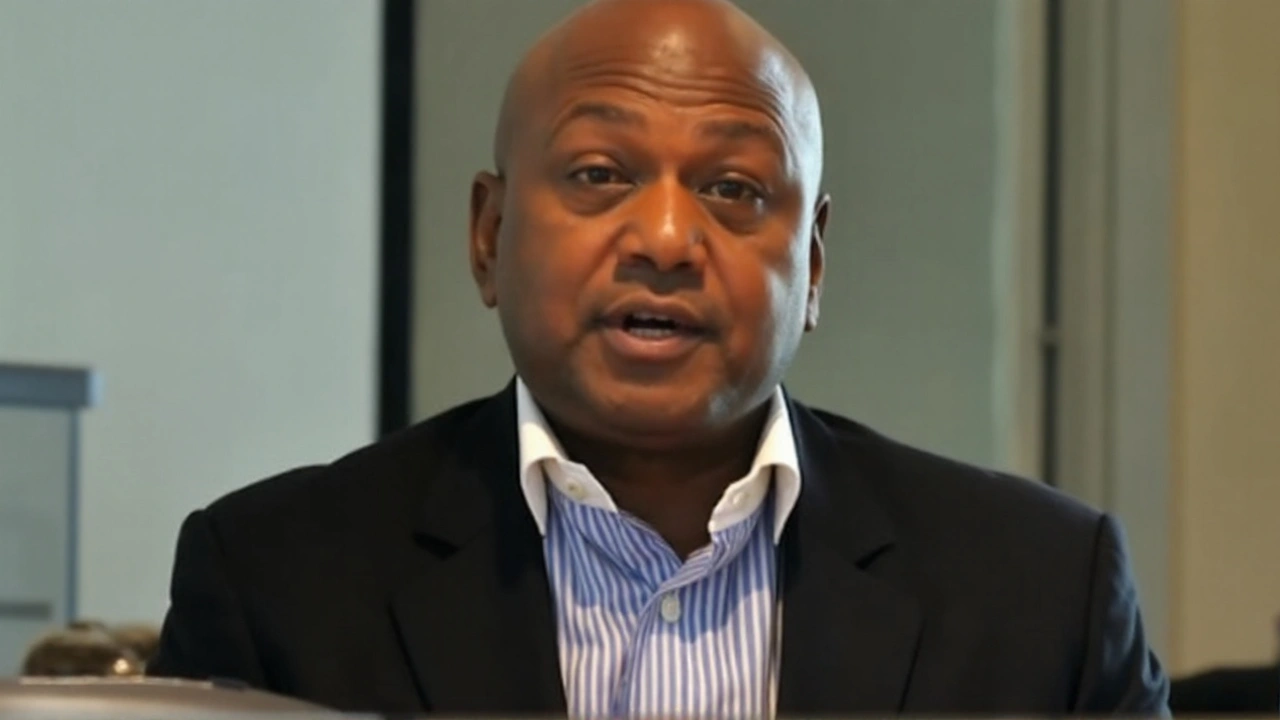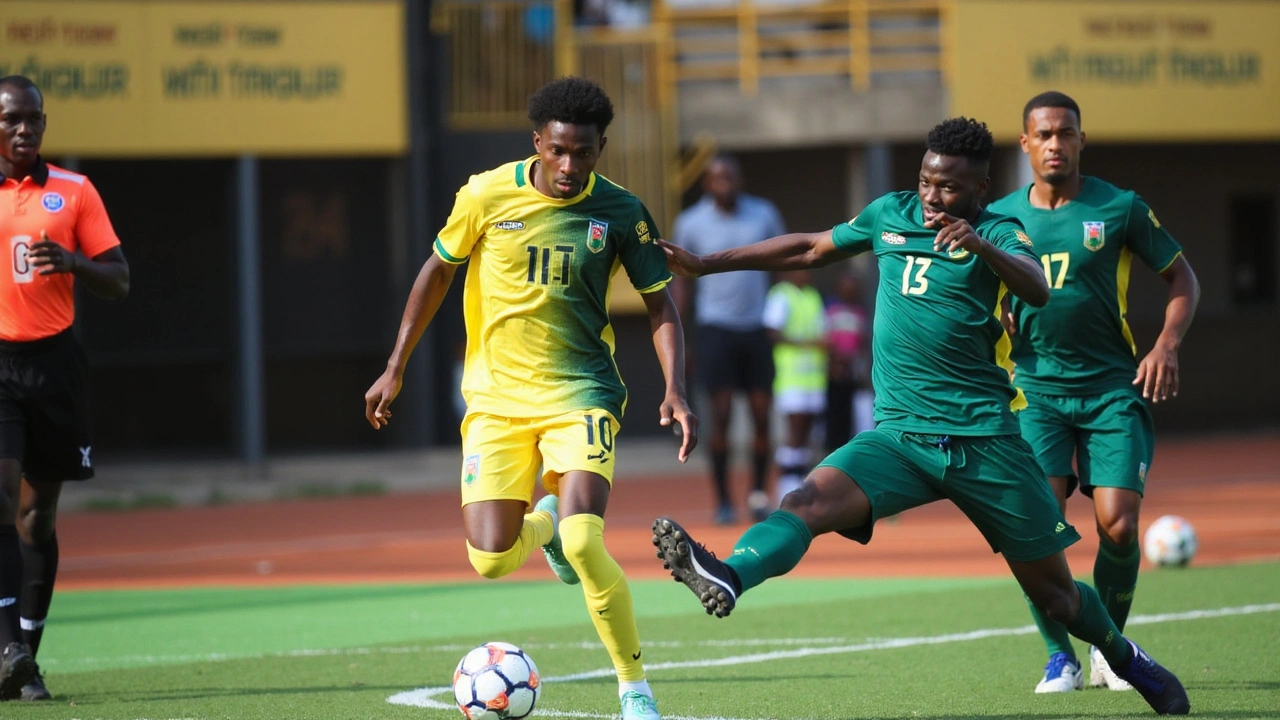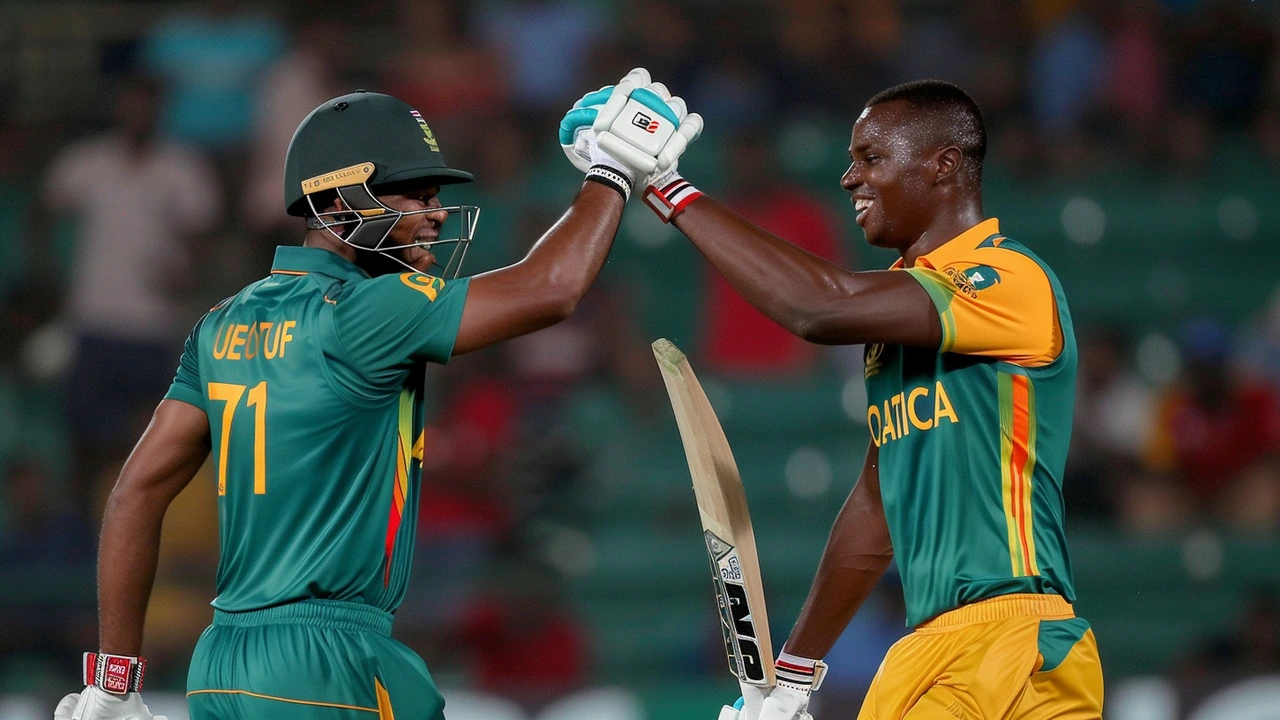What the court decided
The Johannesburg High Court confirmed that Kenny Kunene, a well‑known businessman and Patriotic Alliance member, crossed the line when he labeled Julius Malema a "cockroach" during a 2021 television interview. The bench said the word carries the same hateful weight it had in the Rwandan genocide, making it hate speech even if it isn’t aimed at a specific ethnic group.
The judges explained that the term is "always and everywhere" a symbol of genocide‑level hatred. Because of that, they upheld the Equality Court’s earlier finding that Kunene’s use of the slur was illegal. However, the High Court did not agree with the Equality Court that calling Malema a "little frog" or calling the Economic Freedom Fighters a "party of criminals" also met the legal threshold for hate speech.
Instead of sending Kunene to criminal court, the judges ordered him to issue a public apology within a month and to pay the costs incurred by Malema’s legal team. The order is specific: the apology must appear in the same media outlet that aired the original comments, ensuring the same audience sees the retraction.
Why the ruling matters for political discourse
South Africans have long debated the balance between free expression and protection from hateful language. This case puts the spotlight on where that line is drawn in the political arena. Some commentators argue that treating a political insult as hate speech could chill robust debate, while others see it as a necessary safeguard against language that can inflame violence.
The decision also shows how South Africa’s courts are applying international genocide references to local speech. By linking the word "cockroach" to the Rwandan tragedy, the bench signaled that certain slurs have a universal, not just contextual, danger.
Legal experts note that the court’s refusal to pursue criminal prosecution was a pragmatic move. They say the civil remedy—public apology and cost payment—sends a clear message without overburdening the criminal justice system.
Political parties are already reacting. The Patriotic Alliance has described the judgment as “over‑reach,” while the Economic Freedom Fighters hailed the ruling as a victory for dignified politics. Civil society groups, especially those focused on human rights, welcomed the verdict, saying it reinforces South Africa’s post‑apartheid commitment to equality.
In practice, the order will force Kunene to confront the same audience that heard his original remarks, offering a direct correction. Whether that will change public perception of Malema or the EFF remains to be seen, but the case sets a precedent that could shape future political rhetoric.



Nicholas Mangraviti
September 23, 2025 AT 22:20The court’s stance draws a line between satire and hate, showing that language matters even in heated politics.
Jared Greenwood
September 24, 2025 AT 09:26This ruling is a direct assault on free speech doctrine; the state is weaponizing international genocide lexicon to muzzle dissenting voices and enforce a homogenous narrative.
Sally Sparrow
September 24, 2025 AT 20:33Calling a politician a cockroach crosses the threshold of civil discourse, and the judges were right to label it hate speech. Anything less would legitimize dehumanizing rhetoric.
Eric Yee
September 25, 2025 AT 07:40Yo, that slur is straight up toxic, can't just drop it for kicks.
Sohila Sandher
September 25, 2025 AT 18:46i think its good we see some checks on nasty words, even if it feels a bit overboard sometimes.
Anthony Morgano
September 26, 2025 AT 05:53Interesting how the courts link a political insult to genocide trauma 🙂 the apology rule seems fair.
Holly B.
September 26, 2025 AT 17:00The decision balances liberty with protection against hate, a nuanced approach.
Lauren Markovic
September 27, 2025 AT 04:06For anyone tracking South African politics, note that this sets a precedent for political speech standards 😃
Kathryn Susan Jenifer
September 27, 2025 AT 15:13Oh great, now politicians have to apologize like kids after a playground fight.
Jordan Bowens
September 28, 2025 AT 02:20Cool case.
Kimberly Hickam
September 28, 2025 AT 13:26The Johannesburg High Court’s decision is a fascinating intersection of constitutional law and sociolinguistic policy.
By elevating a politically charged insult to the level of genocide‑related hate speech, the judges are essentially redrawing the map of permissible political rhetoric in South Africa.
This move signals to public figures that the calculus of free expression cannot be an excuse for dehumanizing language, no matter the context.
While some commentators will cry foul, arguing that the ruling stifles robust debate, the courts have a responsibility to protect vulnerable groups from language that has historically incited violence.
The term “cockroach,” with its painful association to Rwandan atrocities, carries an emotional weight that transcends mere insult.
The judges correctly noted that the word’s symbolic power is “always and everywhere” a marker of genocide‑level hatred.
Moreover, the civil remedy-public apology and cost reimbursement-offers a restorative justice model that avoids overburdening the criminal system.
It forces the offender to confront the same audience that heard the original slur, a clever way to promote accountability without jail time.
From a jurisprudential perspective, this decision may serve as a template for other Commonwealth jurisdictions grappling with hate speech in political arenas.
It also underscores South Africa’s post‑apartheid commitment to equality, showing that the legal framework continues to evolve.
Critics who dismiss the ruling as “over‑reach” should consider the broader societal impact of normalizing dehumanizing language.
The Economic Freedom Fighters’ celebration of the verdict reflects a growing awareness among political actors that dignity matters.
In practice, the apology requirement could either rehabilitate Kunene’s public image or simply be a perfunctory statement, depending on how sincerely it is delivered.
Nonetheless, the precedent is set: future politicians will have to think twice before using globally recognized slurs.
Ultimately, this case illustrates that the law can act as a cultural compass, steering public discourse toward more respectful engagement.
Gift OLUWASANMI
September 29, 2025 AT 00:33Well, if you think this is a crackdown on speech, you're ignoring the lived trauma behind those words. Reality check: dehumanizing slurs have real consequences.
Keith Craft
September 29, 2025 AT 11:40I find the court’s approach both theatrical and necessary; the drama of the ruling mirrors the drama of South African politics. Still, I appreciate the nuanced balance they attempted.
Kara Withers
September 29, 2025 AT 22:46Let’s hope the apology is more than a scripted press release; genuine reflection is required. Only then can we move toward constructive dialogue.
boy george
September 30, 2025 AT 09:53Apologies matter.
Cheryl Dixon
September 30, 2025 AT 21:00While a brief statement may satisfy the court, it doesn’t erase the harm caused.
Charlotte Louise Brazier
October 1, 2025 AT 08:06The ruling reminds us that power comes with responsibility to speak without dehumanizing our opponents.